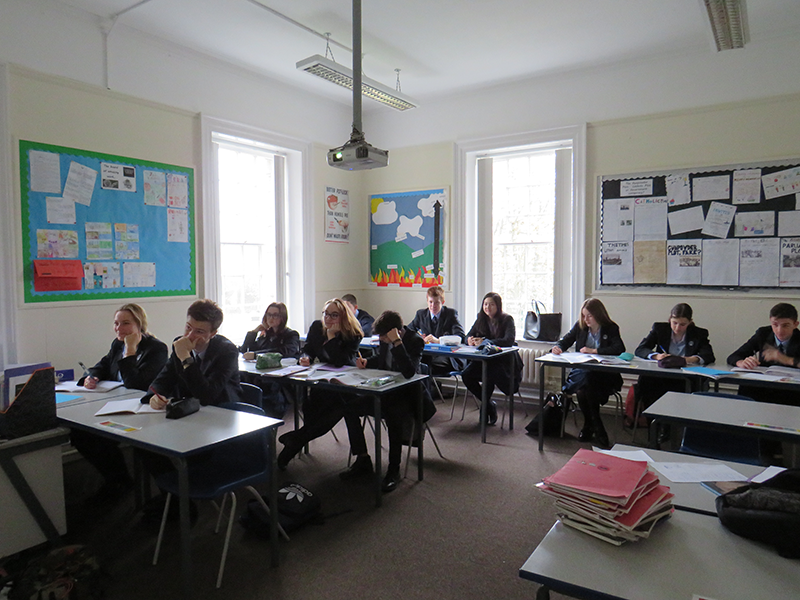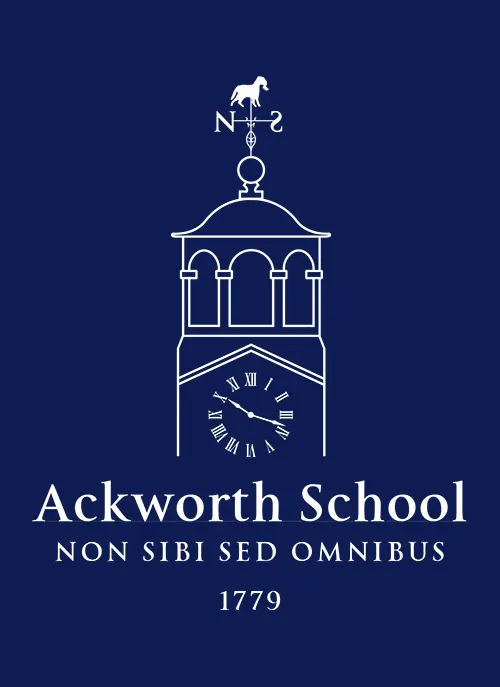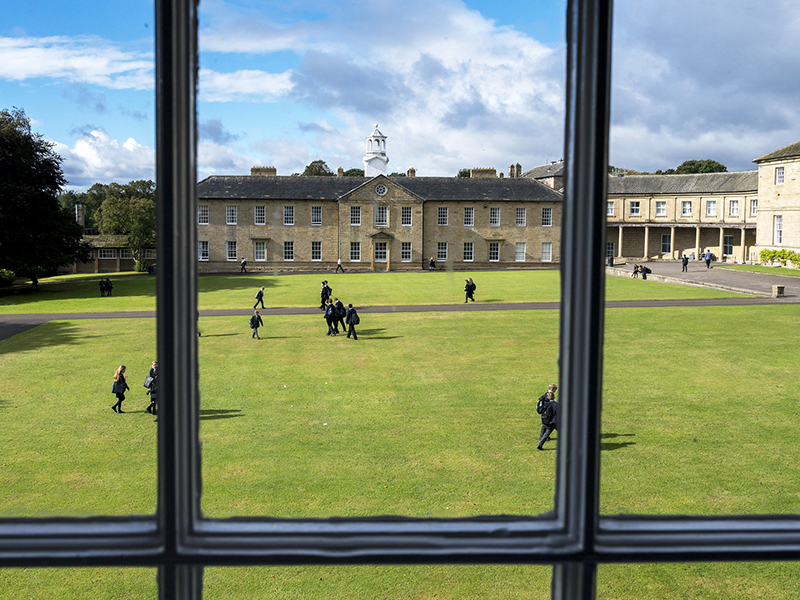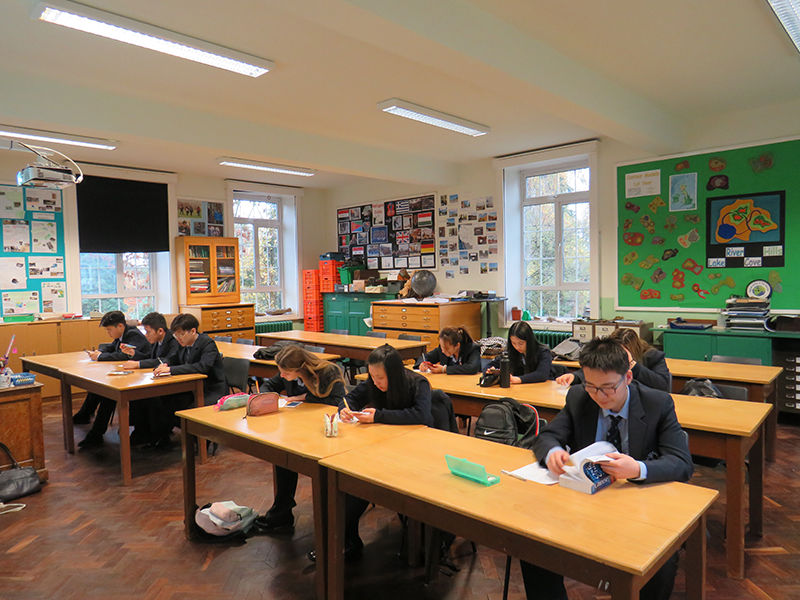Politics is not on the UK curriculum for Key Stage 3 or GCSE. This means that, apart from a small section in PSHE, politics is not covered by British students. This is despite politics having a vital impact on our lives and us as citizens making many political decisions, such as voting in elections.
The best way to learn about topics that directly impact your life is to study A-Level Politics. Studying A-Level Government and Politics will provide insight into political beliefs central to an understanding of the modern world. It also develops analytical and evaluative skills in relation to interesting topics prevalent in the turbulent political climate of today.
The list of topics studied at A Level are incredibly useful to your general knowledge of how the UK and world work. From knowing what the UK Constitution is, what impact the media has on how we vote, and the best way to protect human rights, the topics are incredibly interesting and can spark an interest in other areas of politics for many students.
From a content perspective, studying this subject will develop your understanding of structures of authority and power, how political systems differ, and enable you to interpret, evaluate and comment on the nature of politics and government.
You will also develop a range of transferrable analytical, debating and communication skills – all of which are valuable in a wide range of careers. In particular, you will develop a high level of writing skill: being able to write effective essays that convey a point of view and backing that with evidence is an incredible skill to have for later in life. Whether you go to university, an apprenticeship or employment, evidence-based writing is a skill that many employers look for and will be a credit to your skillset at university. In A Level Politics, you will answer a range of short and longer questions that test your ability to write in a time-limited environment. Thus, when you master the writing for A Level Politics, you’ll be set for life.

